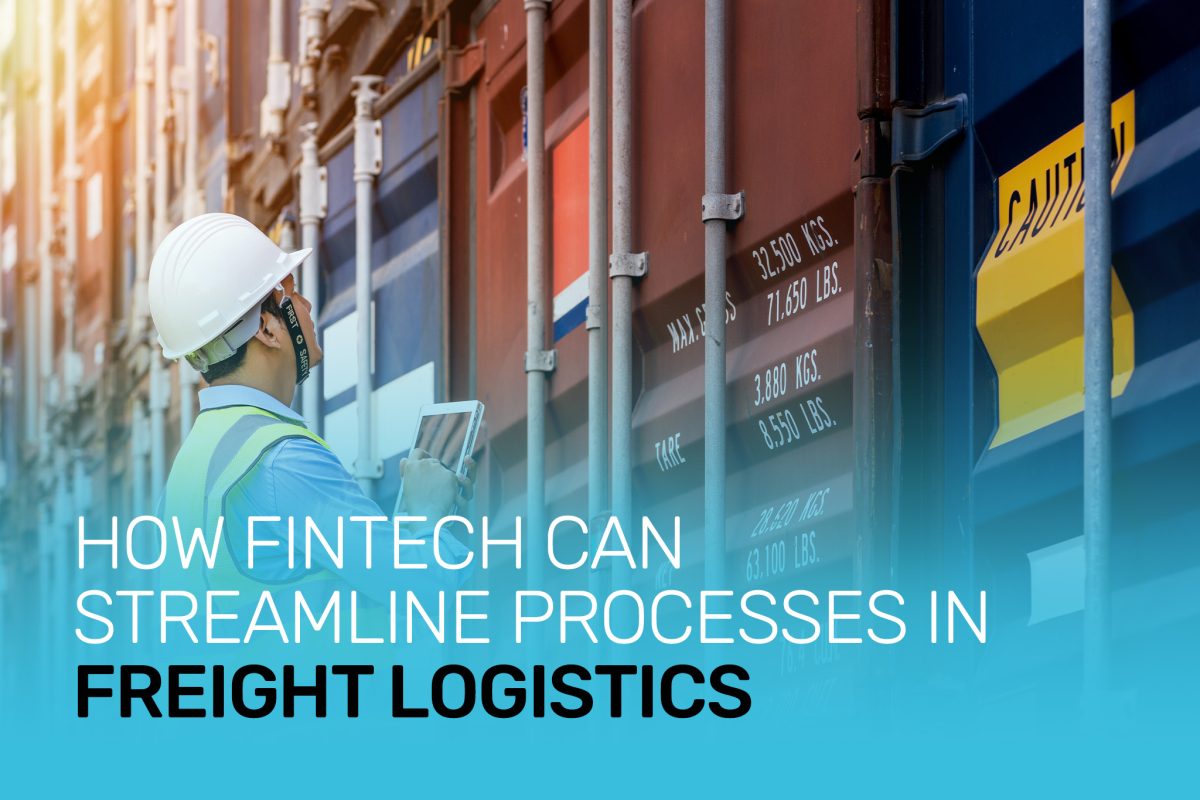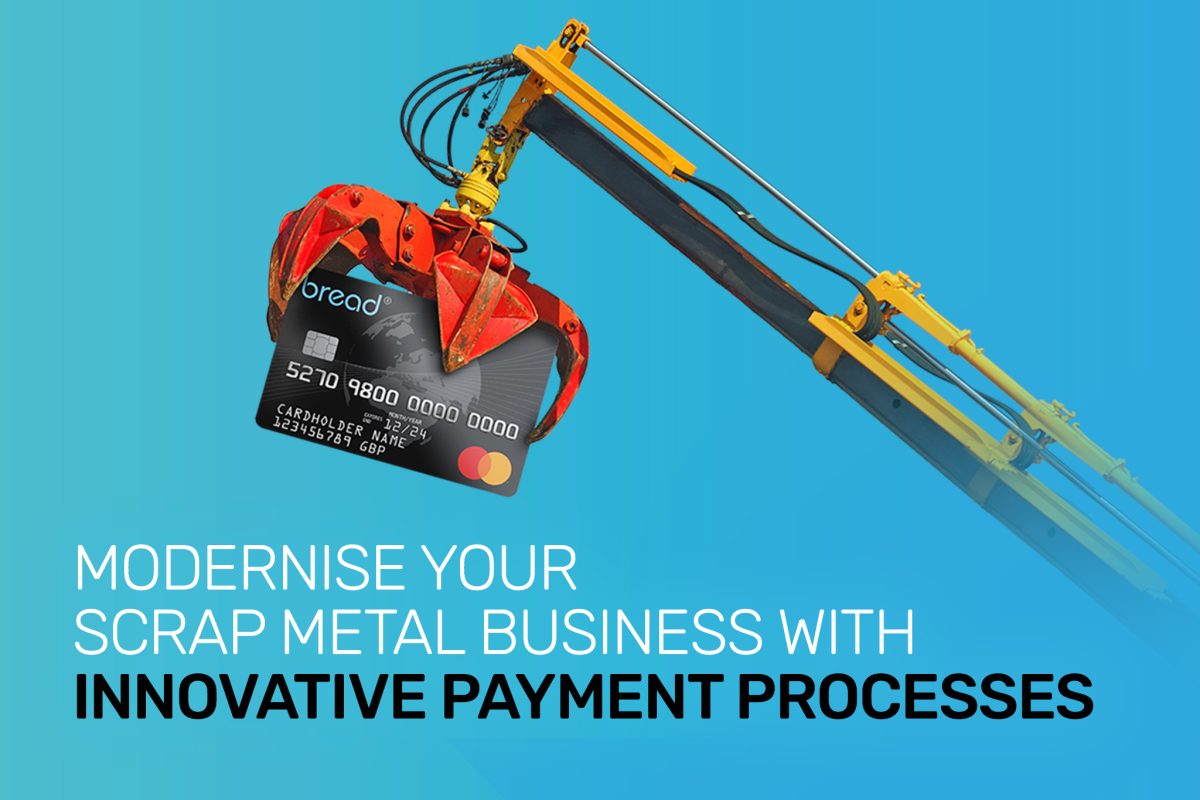COVID led many tour operators to offer additional flexibility for bookings.
While this won’t continue in all cases (British Airways recently announced the end of their flexible booking policy), consumers affected by COVID cancellations are still likely to remain wary, and are more likely to ask questions about a tour operator’s processes if things do go wrong.
This means it’s more important than ever to be transparent with customers about the ways you’re protecting them. Funds safeguarding is an important part of that process, giving your customers the confidence that, should the worst happen and your firm goes out of business, their funds are protected. There are also broader benefits to your business and your brand from doing so.
Legal requirements for funds safeguarding
Legally, tour operators must arrange financial security to protect funds paid for package holidays sold in the UK in the case that they go out of business, as well as legal protection to ensure that customers receive the services they paid for. Arrangers of “linked travel arrangements”, where multiple travel services are purchased separately by the same supplier, must also arrange financial protection in the event they go bust, although passengers booking via this method don’t receive the same level of legal protection as those booking package holidays.
Outside of those two situations, there are no legal requirements to offer safeguarding of your customers’ funds. However, having a clear policy on how your customers are protected in the case of unexpected problems is likely to remain a strong trust factor, increasing conversion and improving the way customers perceive your brand.
Methods of safeguarding
Tour operators and other travel providers can arrange financial protection for their customers’ funds in a number of ways. The one customers are most familiar with is through membership of a financial protection scheme such as ABTA or ABTOT. Bookings including a flight are also covered by the ATOL scheme, administered by the Civil Aviation Authority.
Travel companies can also take out insurance to cover them in the case of financial failure. Alternatively, they can choose to deposit customer funds into a safeguarding account.
How does a safeguarding account work?
A safeguarding account separates customers’ payments towards non-completed bookings from the rest of a travel company’s finances, holding the funds securely until a customer’s trip has been completed. At this point, they’re released to the travel company and become part of their regular cashflow.
It’s not enough for travel companies to simply set up a separate account for customer funds. A trust account needs to be managed independently to guarantee to consumers that the funds won’t be used by the business before they’ve fully discharged their contractual obligations, preventing pending funds being lost if a firm finds itself in financial difficulties.
Why choose a safeguarding account over insurance?
When big shifts happen in the travel industry, insurers feel the pinch. Since Thomas Cook’s collapse in 2019 followed by the pandemic, many insurers have left the market, causing an increase in insurance premiums and making it harder for travel companies to access appropriate insurance products.
Depending on a company’s circumstances, holding customer funds in a safeguarding account could be a more cost-effective method of keeping funds secure, as the cost of maintaining the account could be cheaper than rising insurance premiums.
A safeguarding account also removes the need to go through the process of claiming against an insurance policy if things go wrong – the money is already there, ready to refund to customers. This gives a strong level of consumer protection as there’s no risk that an insurer chooses not to pay out (or goes bust themselves and is unable to). It also means that travel firms can choose to offer protection for a wider range of circumstances if they wish – insurance typically only refunds customers in the event that the tour operator they’ve booked with goes bust.
Why use safeguarding over bonding?
Most customers are familiar with the idea of a bonded tour operator – somebody who, as a member of a scheme like ABTA or ABTOT, has financial protection in place in case of their failure. However, claiming funds back via these schemes can be time-consuming and stressful, and again, schemes can come under pressure when there are large-scale issues within the travel industry.
Safeguarding funds directly can offer an extra benefit that sets a travel company apart from its competition – going the extra mile to protect customers’ funds not only boosts your brand’s trust and increases conversion in the short term, but it can help you to protect your reputation in crisis situations, allowing you to refund customers quickly and efficiently.
Boost your financial stability by safeguarding funds
While insurance or membership of a scheme like ABTA can fulfil your legal obligations as a tour operator and keep your company safe if things go wrong, safeguarding funds directly can actually help to ensure that your company is more financially stable in the long term.
By actively segregating pending funds from actual profit, you can maintain a clearer picture of your business’s finances and avoid inadvertently getting into a situation where you’re using customer funds as working capital. This means that if the worst does happen in the form of a future travel crisis, your business is on solid financial footing, and is as well-placed as it can be to weather the storm.
Secure safeguarding accounts with B4B
As part of the Banking Circle group of companies, B4B Payments’ corporate payment accounts give you everything you need to manage your travel company’s payments effectively. From accepting payments in multiple currencies to making fast, cost-effective cross-border payments to suppliers or tour guides, our accounts help you streamline your payment processes and reduce costs.
Our safeguarding account functionality also offers a secure method of storing customer funds ahead of their trips, offering them full confidence that their payments are being held securely and independently, and that they’ll receive a refund if anything goes wrong. With full transparency and oversight and support from our team of payments experts, we can support you to ensure that customer funds are held safely and compliantly.
To find out more about B4B Payments’ safeguarding accounts, get in touch today.









